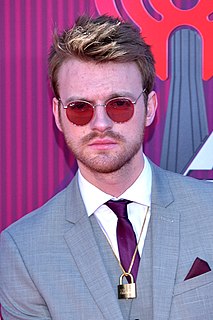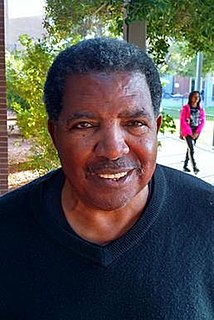A Quote by Finneas
I think it's really easy to be the altruistic hero of your own narrative and story.
Related Quotes
You're the hero of your own story. So it's interesting for historical revisionism to happen. I had let go of my own story from my own childhood and whatever anger I had and I began to see it from a very different place. It's really easy to be like "This thing happened to me! Look what they did to me or are doing to me." These are such powerful ideas and it's so easy to hold onto them forever.
You're the hero of your own story. I had let go of my own story from my own childhood and whatever anger I had and I began to see it from a very different place. It's really easy to be like "This thing happened to me! Look what they did to me or are doing to me." These are such powerful ideas and it's so easy to hold onto them forever. When I let go of those ideas it was easier to see my childhood from different points of view.
I just thought someone has to figure out how to break through that barrier and create a narrative for a black super hero story to unfold at the same scale as something like Star Wars. Rythm Mastr is about producing a narrative of a hero engaged in a struggle as complicated as those other stories. The catalyst for it was the beginning of the demolition of public housing in Chicago.
Love is a story we tell with another person. It's cocreation through conarration. When you hit bumps in the road and challenges, you write a new chapter in your story together. Love is the constant act of revising and retelling your own story in real time. You don't do it by yourself. You do it with someone else. The only way you do that is to talk to each other and create a shared narrative.
I think my sensibilities about storytelling and character just automatically come into play when I'm trying to work on any kind of narrative. For me, it doesn't really matter what the source of the narrative is. I will be looking for ways to make it into an intriguing story with empathetic characters.



































